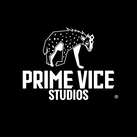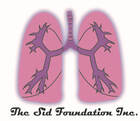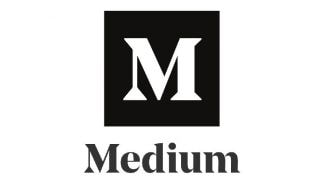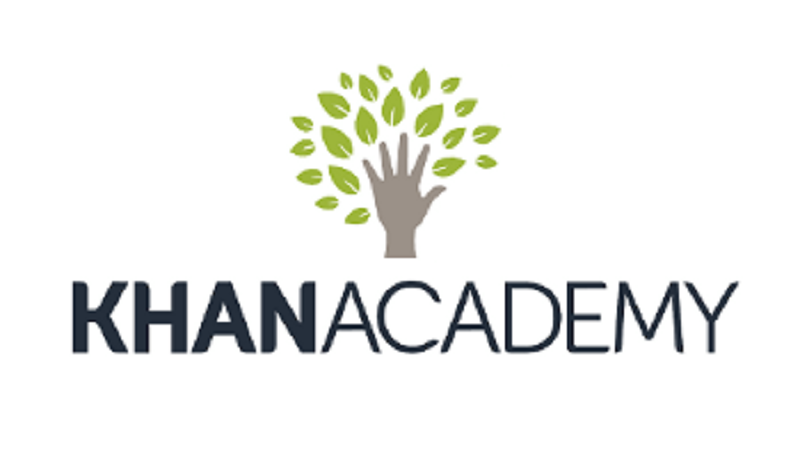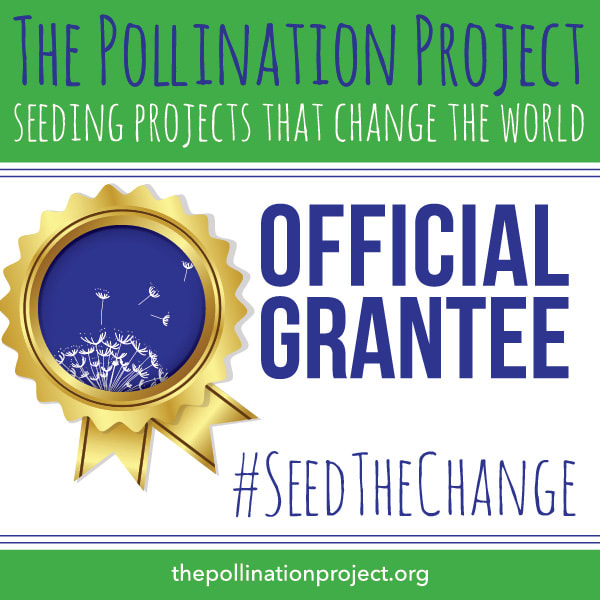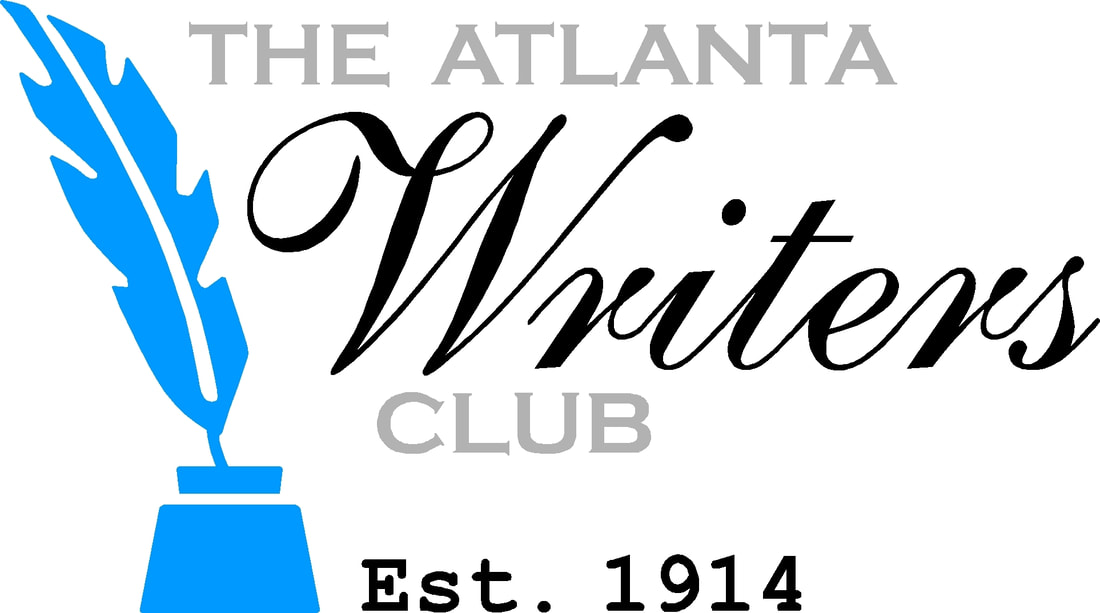|
Welcome (back)! This blog is a continuation of the previous blog so if you haven’t read Finding Inspiration: Part 1 yet, scroll down and check it out! In this blog, I’m going more in depth about the books I used for inspiration/research and how they helped (or didn’t help) me with my memoir writing process. Here are all of the books I discuss in my video: (The images are active links if you are interested in purchasing any of these books.) As always, I hope you found this blog useful. I enjoyed sharing my process and inspiration with you.
Comment below with what books inspired and helped (or didn't help) you along your process. Also, let me know what topics you would like to see me discuss in the future. I will begin 2018 with a blog on Finding Your Voice so stay tuned every Wednesday! Again, thank you all for the love and responses on social media. I truly appreciate you all sharing your stories and struggles with me! I hope the new year brings great writing success for all of you. Happy New Year and Happy Writing in 2018! :) Find me on social media! Links at the bottom of the page.
0 Comments
When I began the research process for my memoir, I collected memoirs that fit any of these categories: written about an immigrant experience, written by an Asian-American (or Indian-American), contained humor, talked about loss or tragedy in a family, talked about a life threatening/changing medical condition, was written by a woman. I based these categories on what I wanted my memoir to be about. My memoir is written by an Asian-American/Indian-American woman who is an immigrant, experienced the unexpected loss of her brother at a young age, and has lived a humorous and tragic life. I took all the characteristics that made my memoir unique and looked for published memoirs that mirrored those characteristics. Another thing I considered was my writing style. Some memoirs are written in a more traditional narrative style and some are written in a more creative/poetic style. Some are written in a more passive or pensive voice and others are written in a more active or raw voice. My style tends to be a mix but it leans more on the creative/poetic side with an active, raw voice so I focused more on those memoirs. During the research process, I read and read and read. I took notes. I highlighted and bookmarked pages with little sticky notes. I also wrote a reflection piece on each of my readings (about 2 paragraphs) in which I discussed why I chose that book or essay and how it related to my memoir writing style/process. This way I could go back and read through the reflection pieces to remember what I got out of the book or essay and if there were parts in it that I could go back to and use as inspiration while writing. There are books that make you want to keep reading and there are books that make you want to keep writing. During the research process, which lasted about 3 months, I read some great books that I found interesting, relatable, and/or entertaining. I read some books that I didn’t find so interesting, relatable, and/or entertaining. Then, I read some books that I couldn’t read more than a few pages at a time because I had to keep stopping to write down all the creative ideas that popped into my head while reading. These are the books that are more than just interesting, relatable, and/or entertaining. These books remind you why you became a writer and inspire you with every sentence you read. These are my reference books. I have one book right now that I’ve been reading for over 2 months because after every page I read, I have to put it down and write something. It’s taking me forever to get through it but it’s my constant source of inspiration and reference. Before I share with you the books I used for research, I asked my friends and fellow creative nonfiction writers to share their experiences with finding inspiration and here is what they said: Lauren Small, whose exemplary work and services you can find on www.laurenlsmall.com and on Instagram, found inspiration in Charlamagne Tha God’s book Black Privilege: Opportunity Comes to Those Who Create It: “Shockingly, Charlamagne Tha God's book Black Privilege: Opportunity Comes to Those Who Create It was the most inspiring. Charlamagne is a public figure who has created his own success after a troubled past. His witty gems and humorous honesty are reminders that no matter how I feel or what others may think, I must follow my dreams.” As Lauren Small discovered, you never know where you will find inspiration. This is why it’s important to keep an open mind while doing research. Lauren May, whose beautiful writing you can find at www.laurenmay.org, found inspiration in humor. However, it wasn’t all helpful for her: “I loved reading David Sedaris, and found him the most inspiring mainly because his subject matter is pretty basic. He doesn't play with larger than life ideas, but rather takes mundane occurrences and spins them in a new way. His unique perspective makes it more humorous. I also connected to Nora Ephron, who I've always admired. (I'm a huge fan of When Harry Met Sally.) Her voice is very conversational and witty and I would absolutely read more of her." "The reading I found least effective was Sloane Crosley's I Was Told There'd Be Cake. Something about her experiences felt empty. Or maybe I just couldn't relate. I couldn't connect.” As Lauren May experienced, your research will be hit or miss. You might have to spend time reading some works that aren’t all that inspiring but they will help you learn what not to do when you begin writing. I hope my experiences and those of Lauren Small and Lauren May helped you gain a better understanding about the research process. In my next blog, which is a video, I will discuss in depth all of the books that I used for my research and how they helped me (or not) in the process. So, stay tuned for a deeper discussion on this topic in Blog 4: Finding Inspiration Part 2.
Thank you for reading and please feel free to leave comments below with any questions/concerns or topics you would like me to cover in the future. Also, I have been getting great feedback and lots of love from many of you on social media, especially, all my Facebook writing groups like Memoir Writing Group, Writers Helping Writers, Binders Full of Creative Nonfiction, and #amwriting. Thank you all! I’m so glad that you are finding useful information in these blogs! Please continue sharing them so that others can also find something valuable in them. Happy Holidays and Happy writing! :) Find me on social media! Links at the bottom of the page. During the weekend of November 3rd, I had the opportunity to attend the Atlanta Writers Conference. It was my first writers conference and my first Atlanta Writers Club event. As writers, we all imagine the moment we finally find an agent to represent us or find that editor to work with who just gets us. Agents and editors are people we dream about for most of our careers but we rarely get to meet them. At the conference, I got to meet agents and editors from big and small publishing houses in person. I was able to ask questions and have discussions with them. I even got a query letter critique from an agent and editor at HarperCollins. They helped me figure out how to pitch my memoir to agents when I’m ready. I learned many things at the conference and I cannot possibly fit them all in one blog post. So, for now, I am sharing everything I learned specifically related to memoir. What agents/editors are looking for in memoir:
What agents/editors don’t want to see:
Legal advice for memoir writers from agent/attorney Paul S. Levine:
The importance of building a writing community by Mari Ann Stefanelli, freelance editor and owner of The Writer’s High.
I got to learn and share this experience with two of my friends and fellow writers: Lila Dostal and Jaleesa Mitchell. You can check out Lila’s work at www.subrosawriter.com and find Jaleesa on Facebook! Because of my great experience at this conference, I am looking forward to the next Atlanta Writers Conference in May 2018!
I hope you found the content in this blog useful. Share and comment below with what you found most helpful in this blog and what you would like me to talk more about in the future. Thanks for reading! My name is Ananya Vahal and I’m a writer. My genres include literary nonfiction, digital content creation, and comic books. Welcome to my first blog on ananyavahal.com! I created this blog to share my writing process with you all. I believe that as writers we are hesitant to share our process with each other. We are quick to tell each other when we get an agent or get a book deal but we don’t always share the writing struggles and triumphs that took us there. I want to change this trend and encourage all of you to share this insight with each other so we can build a stronger writing community and help each other along our paths as writers. The project I’m currently working on is my memoir. I am finishing up my M.F.A. program in writing and this memoir is also my thesis. For this reason, I want my blog to focus solely on the process of memoir writing at the moment. When I began working on my memoir, I faced challenges that I never saw coming. After expressing these challenges to some of my fellow writers, I realized that they were also struggling with the same things. Some of these fellow writers and friends were brave enough to let me share their experiences and process with you all in my blog. I hope that sharing their stories will help broaden the perspectives provided in my blog and encourage all of you to share your own experiences in the comments on my blog page. In this video, I go into more detail about why I started this blog and what my upcoming blogs will focus on. I will post a blog every week on Wednesdays and I hope you will join me in my writing journey. Enjoy the video! |
AuthorThese blogs explore my writing process and highlight my favorite writers and books. Archives
June 2022
Categories
All
|

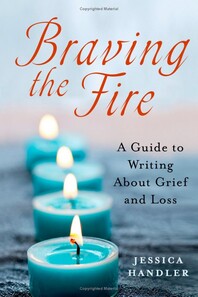
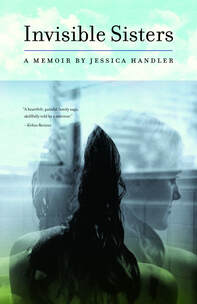
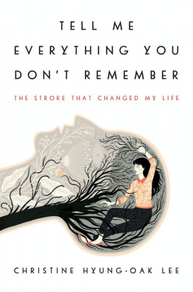
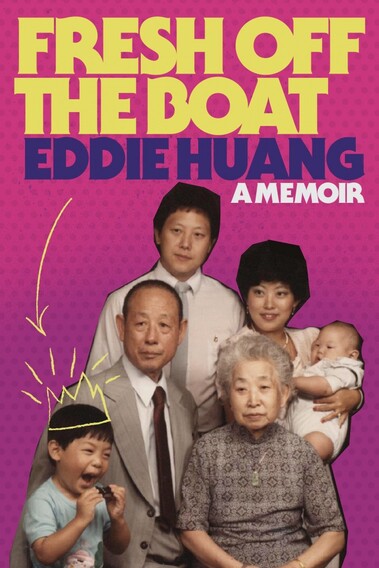
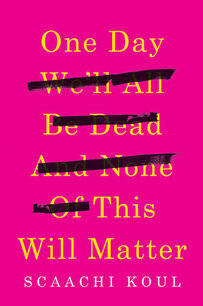
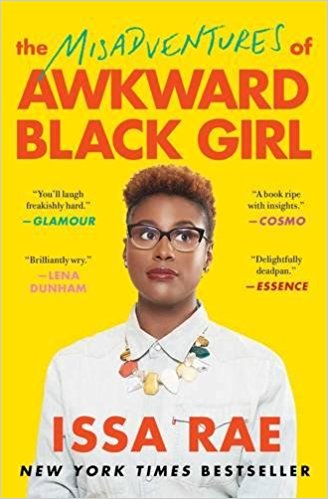
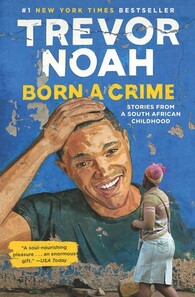
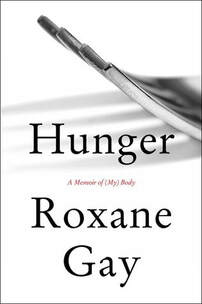
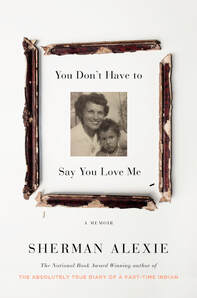
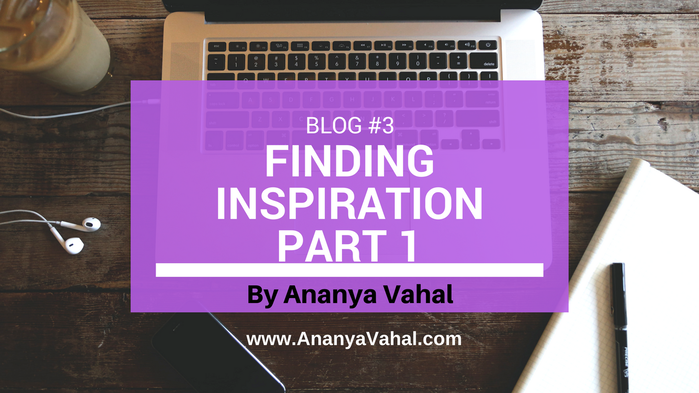
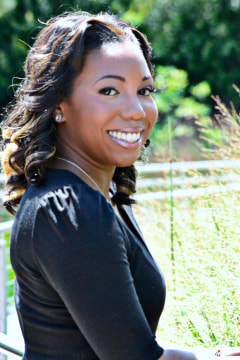
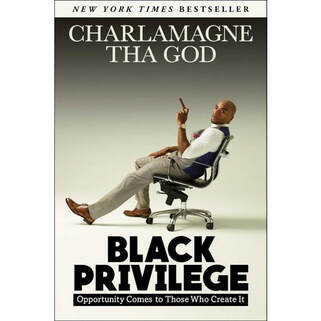
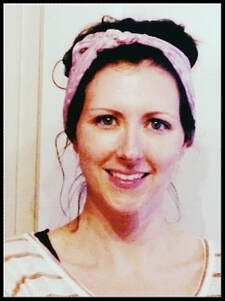
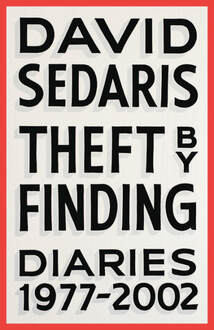
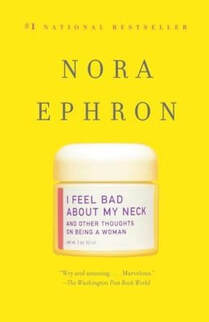
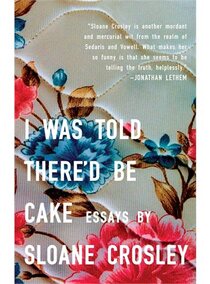
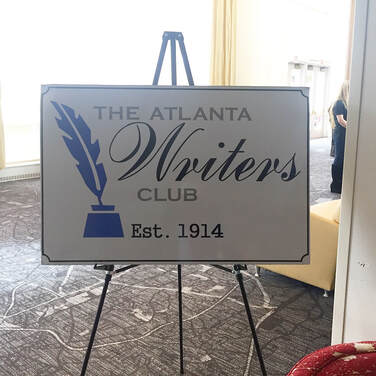
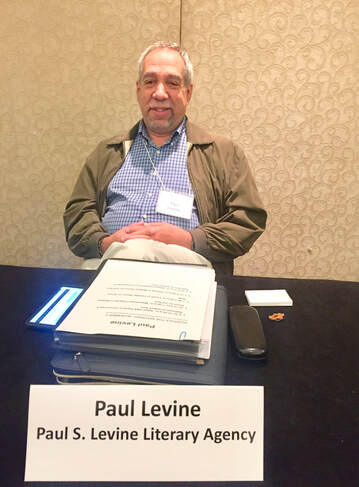
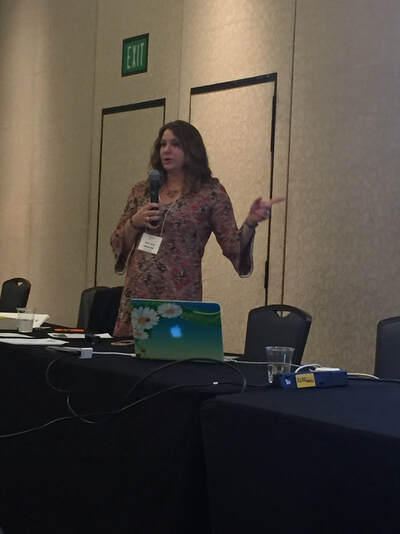
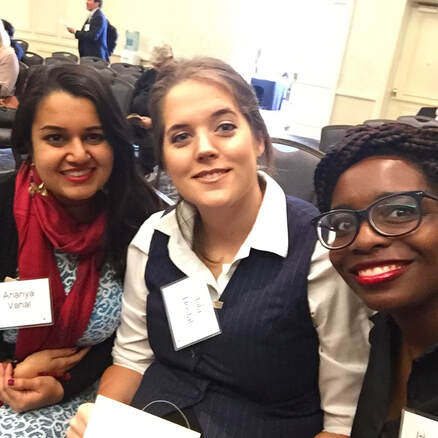
 RSS Feed
RSS Feed
